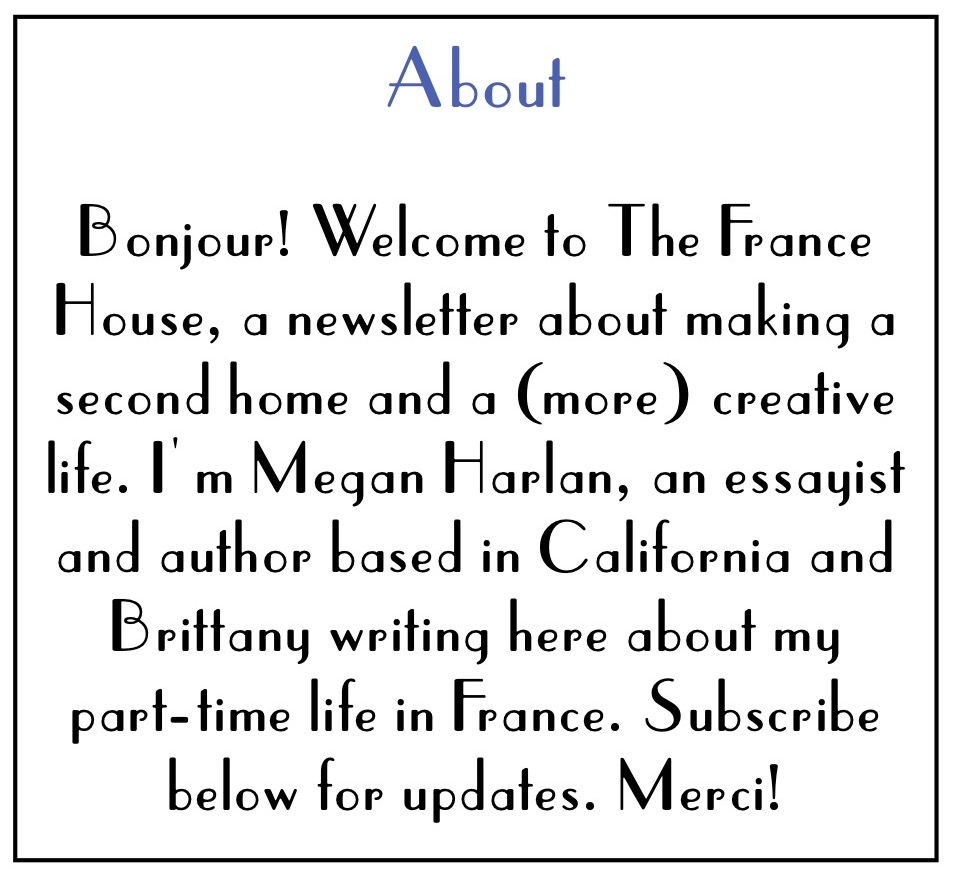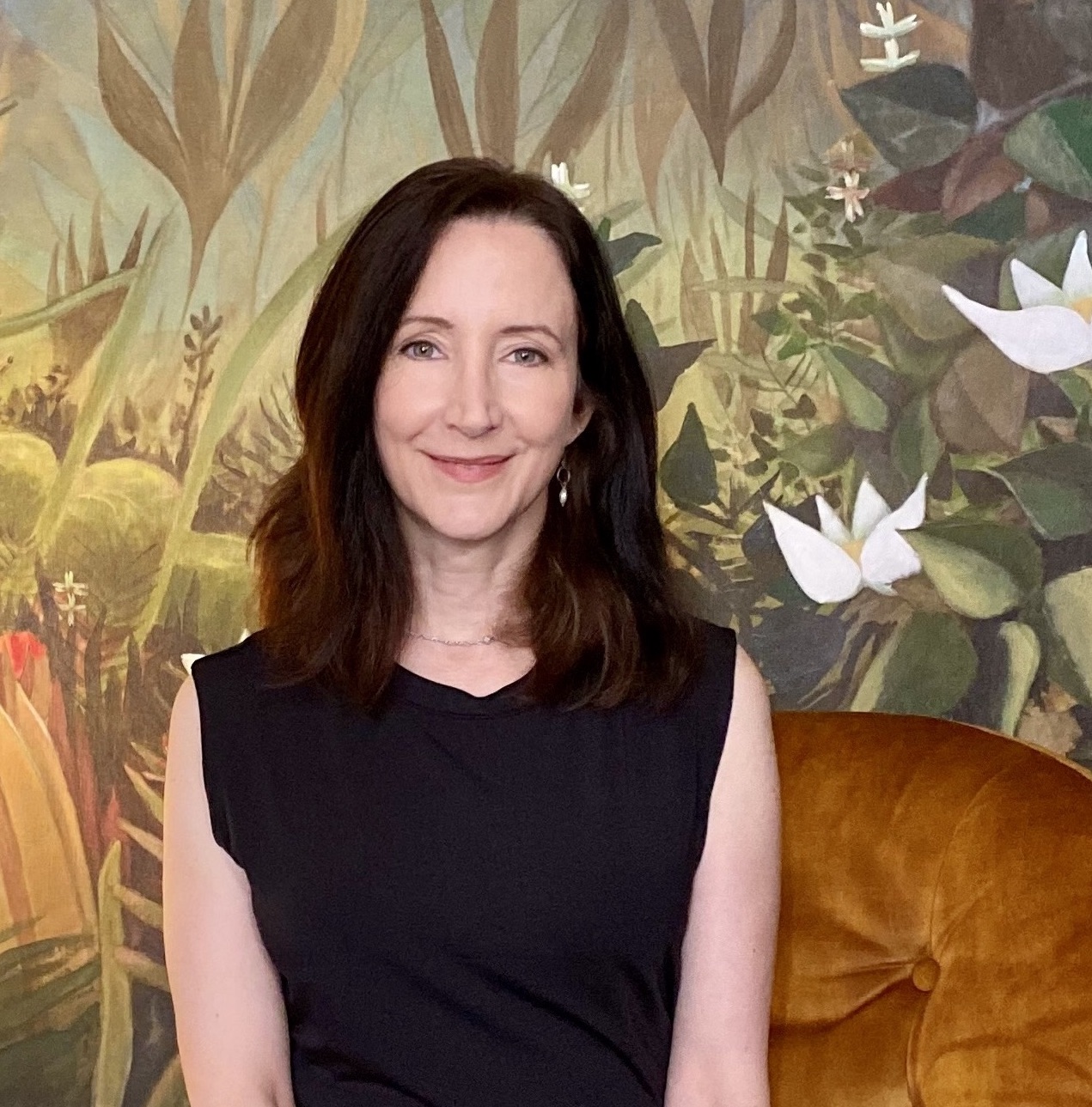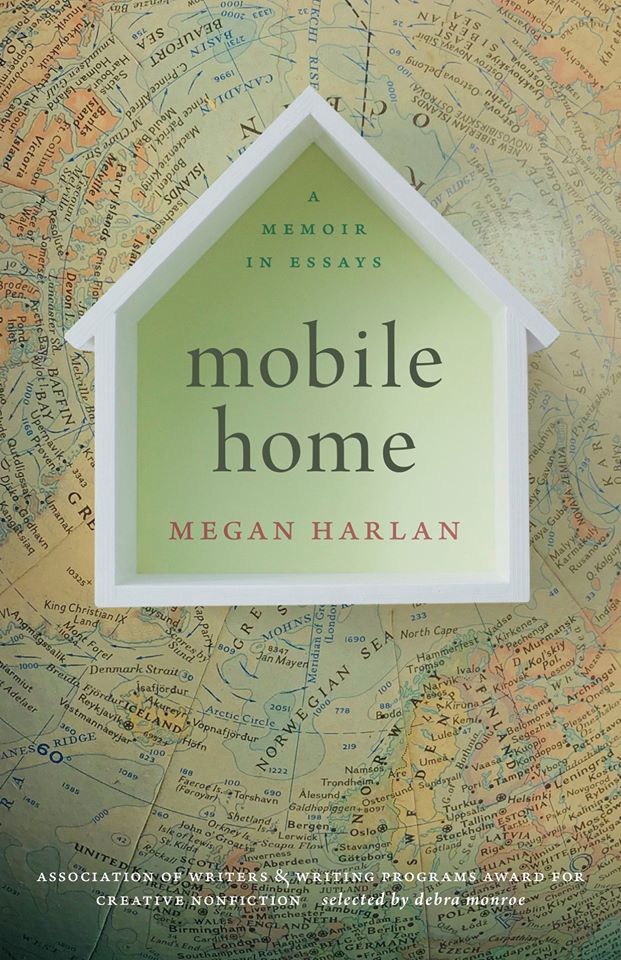On the joys and ennui of being a lifelong French learner. (Part one in a series.)
By Megan Harlan
My husband has often told people I’m “fluent” in French—though I am not—because I can get us through most interactions in Francophone places, in French. But my French is like a fickle form of magic. Sometimes I can conjure complex sentences into conversation, effortlessly conjugating verbs and correctly placing indirect objects. Other times, the language seems to evaporate from my head, and I find myself smiling half-comprehendingly at all the beautiful words being uttered by the Frenchperson, leaving me to wing a response composed of Franglais, gesticulation, and panic.
I took French in school for seven consecutive years: From grades 7 through 12, capped by a final university French literature course. In the [mumble] decades since, the foundation constructed during that time has proven surprisingly solid: I have a pretty good ear, a not-bad accent, a decent vocabulary. While I may be a better French reader and listener than speaker, the French is in there.

novels and dictionaries, workbooks and CDs: DIY language-learning before the smart-phone
When we bought our house in France, I knew it was time for serious review (i.e., how do you do past-tense conditional again?). And so I followed the herd—usually not the wisest idea for me—and signed up for Duolingo.
But just before that, I did a much smarter thing, as it turned out. And I strongly recommend doing this if you’re in the same camp: Restarting the study of a language you once took in school.
What I did was take a free CEFR French test online. This baseline score would prove valuable, if also—ultimately—sadly comical. More on that later.
CEFR is the truly necessary acronym for the Common European Framework of Reference for Languages—the internationally standardized teaching, testing, and assessment system of European language education. Based on your CEFR test result, you’re slotted into one of six sequential levels: Beginners at A1 or A2, Intermediate at B1 or B2, Advanced at C1 or C2—and by C2 you’re considered as fluent as a native speaker. To put these levels into further context: If you want to become a French citizen, you’ll need to pass the B1 Level. In fact learning this was what sent me to a free site, where—not to brag (okay, to brag a little)—I passed the B1 test easily. Then I passed a B2 test, not as easily. No doubt these free versions aren’t as challenging as the official tests, but safe to say my French skills are solidly in the Intermediate range.
My B1/B2 level in mind, I downloaded Duolingo onto my phone—and fell headlong into the dark world of Eddy and Oscar, the omnipresent pressure to take advantage of points-doubling “boosts,” and Sunday-night score-pumping to stay in the Diamond League.

That’s #25 out of 25. My goal each week was to hang on to the Diamond League. In this I succeeded!
Fast-forward to about a year later.
I’d completed the entire Duolingo French tree. Yes, I’d gotten to the end of Duolingo French. I was noodling through the “Champion” Section 8, feeling like a fraud. You’d think I was now fluent, but I knew perfectly well I was not. I could tell that my French language skills had stalled out, that I was stuck on a plateau of Perpetual French Intermediateness. But it was worse than that: somehow the app seemed to be dissolving my previous knowledge of verb tenses and grammatical subtleties.
I’d been doing Duolingo every day! Then I realized: I’d been doing Duolingo every day. Could this somehow, counterintuitively, be the problem?

the ennui level of Duolingo
“Duo,” as my mother calls it—my amazing mother who is Nancy Pelosi’s contemporary and equal in energy, and who started learning French at the same time I’d registered—is a fantastic app for simply always being on your phone. Everyone who uses the app says this, and everyone is right. It’s also brilliant for beginners—and I think especially for aural learners. Duolingo’s designers claim their language-teaching aligns with CEFR standards, and I’ll assume they’re not lying about this. But its huge flaw for visual learners like me is the near-total lack of an evident curriculum. You get an answer right—sometimes by chance—or wrong, and while it will often give you the right answer, it often won’t, and there’s never a detailed review of why. In that moment when you really do want to know—wait, why savoir and not connaître?—there is rarely an answer. You move on, without learning (or reviewing) a tiny detail you missed or forgot. These tiny missing details had combined into a ever-enlarging hole in my French fluency. Even the jungle-gym-strong verb conjugations memorized during my teenage years were beginning to wobble.
Now, Duo has been a total success for absolute French beginners like my mom and my husband. My husband in particular is an aural learner who considers himself “bad” at languages. He can now speak full sentences in French with solid pronunciation—where none existed at all before Duolingo. He enjoys the addictive gamification—and that the app is, yes, always there on his phone.
As for me: I went back to take another CEFR French test, on a site called KwizIQ. And after doing Duolingo lessons daily for over a year, completing its entire language tree, and nailing most of the big awards (Diamond League Champion!), my CEFR level was:
B1.
So right where I’d started—maybe even a little worse? At least my intuition that I’d been flat-lining was correct. (My husband took the CEFR French test at this point as well: Despite being fully addicted to Duolingo for over two years and being a many-time high-score champion, his level turned out to be A0—one I hadn’t even known existed.)

no A0
Le sigh. Well, here’s the good news: the website where these sad, even laughable results were revealed has replaced Duolingo for me—and has proven a happy success. I was not paid for this post (nor do I know how to be paid for a post). But KwizIQ is a language instruction site whose quiz-based structure clearly aligns with CEFR standards and includes concise, coherent reviews for every concept raised—and where my French has been improving at a gratifying pace. Between daily quizzes there and a couple of other new habits, I plan on advancing beyond Intermediate French by the end of the year. And I never have to see Eddy or Oscar again.
More on my post-Duolingo adventures in French in an upcoming post.






